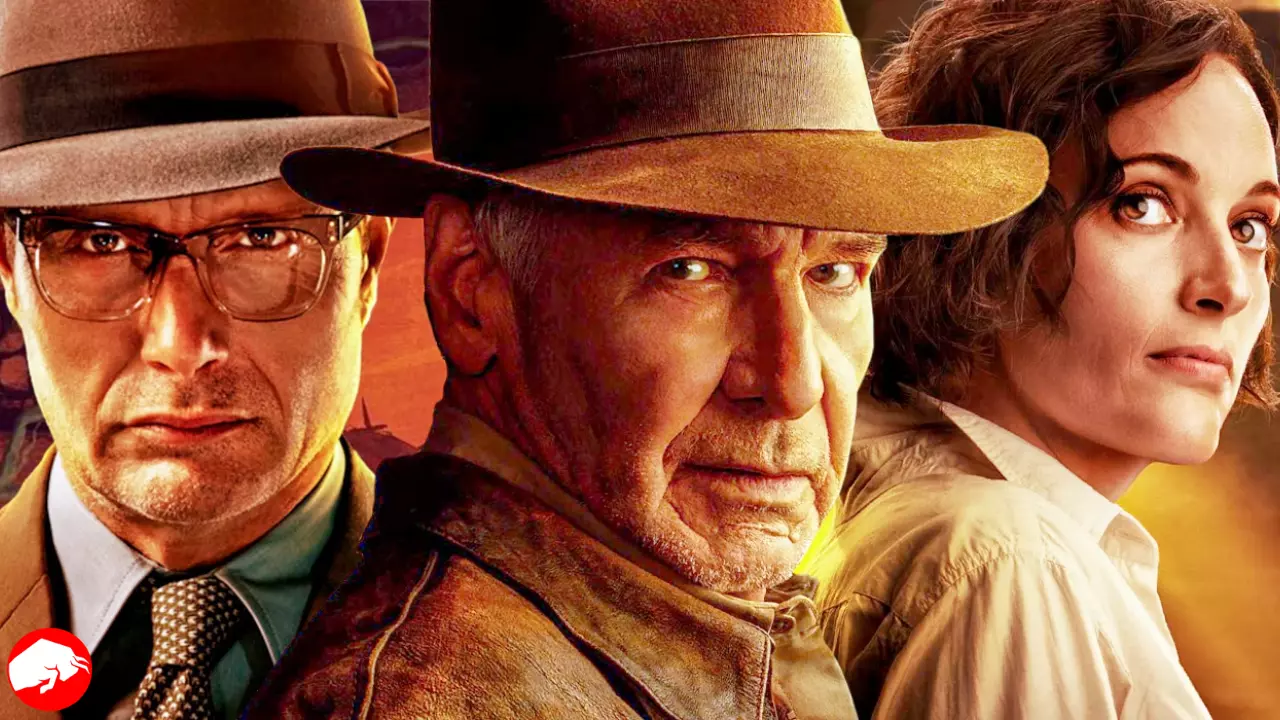Despite the massive success of its predecessors, “Indiana Jones & The Dial Of Destiny,” Disney’s latest addition to the beloved Indiana Jones franchise, sadly faltered at the box office. Garnering a disappointing return on its substantial $295 million investment, the film’s performance has left fans and industry insiders scratching. Let’s explore the intricate factors that contributed to this unexpected stumble and the potential implications for the franchise’s future.
The Mountainous Challenge of an Exorbitant Budget
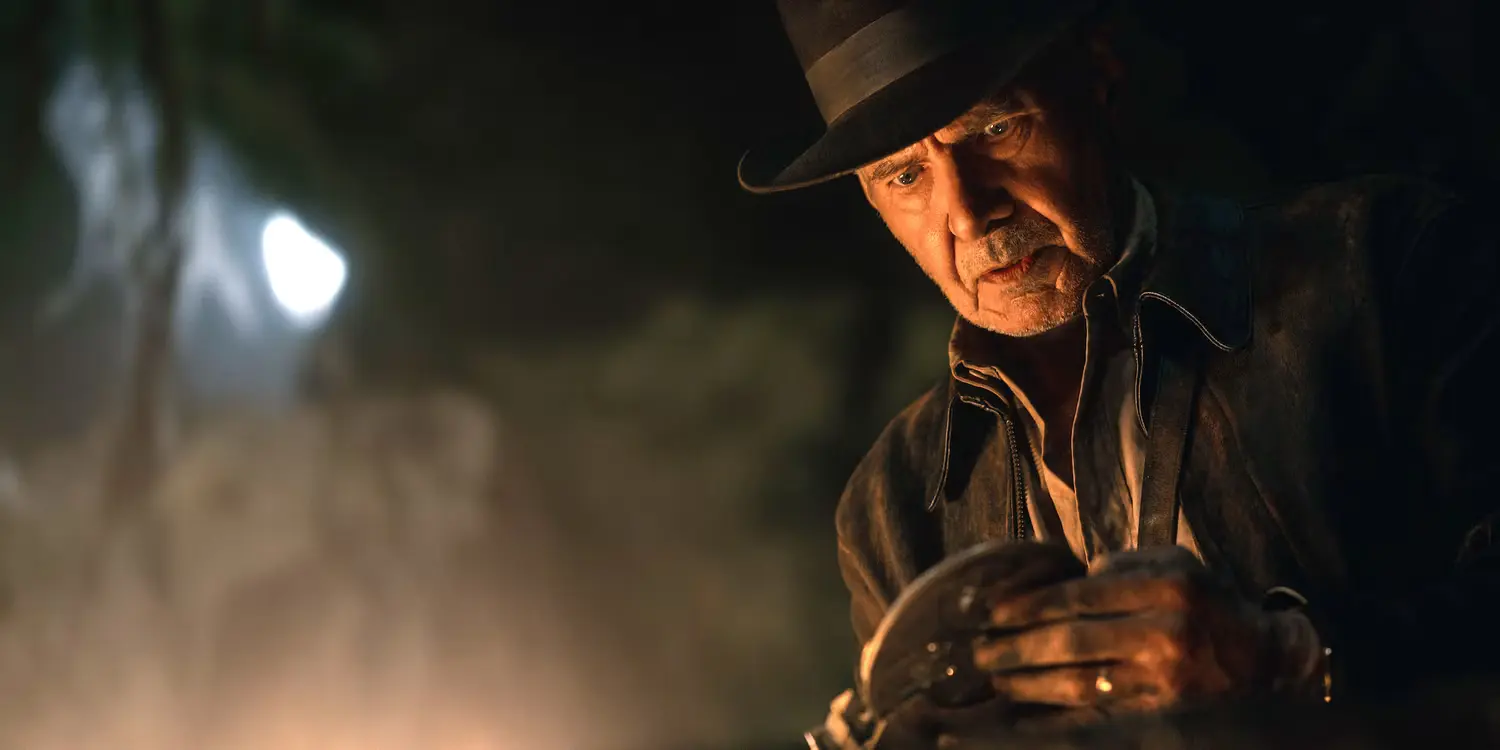
The adage “You have to spend money to make money” holds in Hollywood blockbusters’ high-risk, high-reward world. However, the staggering $295 million poured into “Indiana Jones & The Dial Of Destiny” set the bar exceptionally high. Despite being the most expensive in the series, the film struggled to break even, a striking contrast to the 2008 installment, “Indiana Jones and the Kingdom of the Crystal Skull,” which quadrupled its production costs.
“2008’s Indiana Jones and the Kingdom of the Crystal Skull has a similar budget to Dial of Destiny, with a reported cost of $185 million or $279 million considering inflation. Regardless, Crystal Skull was able to make four times its cost of production, which seems like a daunting feat for Dial of Destiny at $1.18 billion.”
The heavy financial burden created by “Dial of Destiny’s” production costs was just the first in a series of significant obstacles the film would face in its journey to profitability.
The Shadow of Kingdom of the Crystal Skull
Although “Kingdom of the Crystal Skull” enjoyed commercial success, it left a legacy of skepticism among fans. The film’s somewhat weak storyline, as perceived by many, and its failure to capture the unique charm of the original trilogy may have carried over into the perception and reception of “Dial of Destiny.”
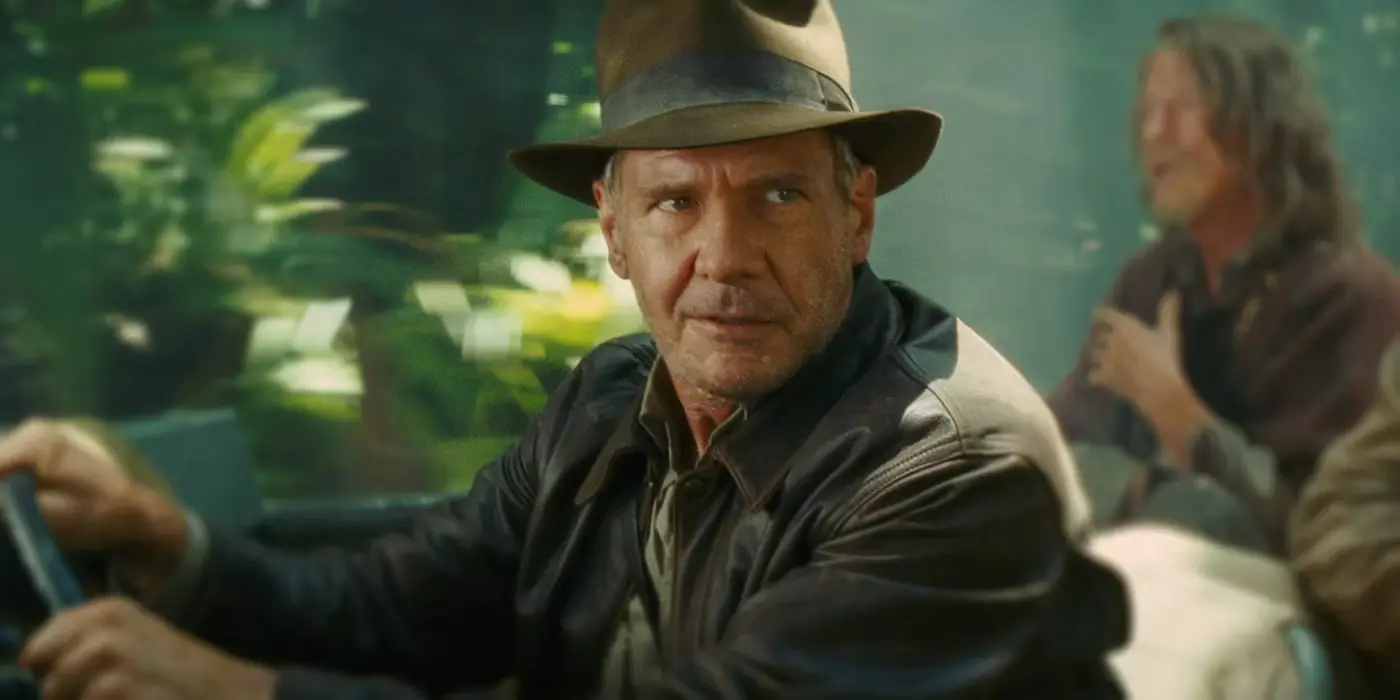
Casting a shadow of doubt over the sequel, this skepticism likely factored into audiences’ hesitation to see “Dial of Destiny,” thus hampering its potential box office performance.
Spielberg’s Absence from the Director’s Chair
The departure of Steven Spielberg, the directorial mastermind behind the first four Indiana Jones films, was another significant change in “Dial of Destiny.” Though he remained involved as a producer, Spielberg’s absence in the director’s role might have altered the film’s magic, disrupting the successful formula that had so far been synonymous with the Indiana Jones franchise.
Fierce Competition in the Summer Box Office
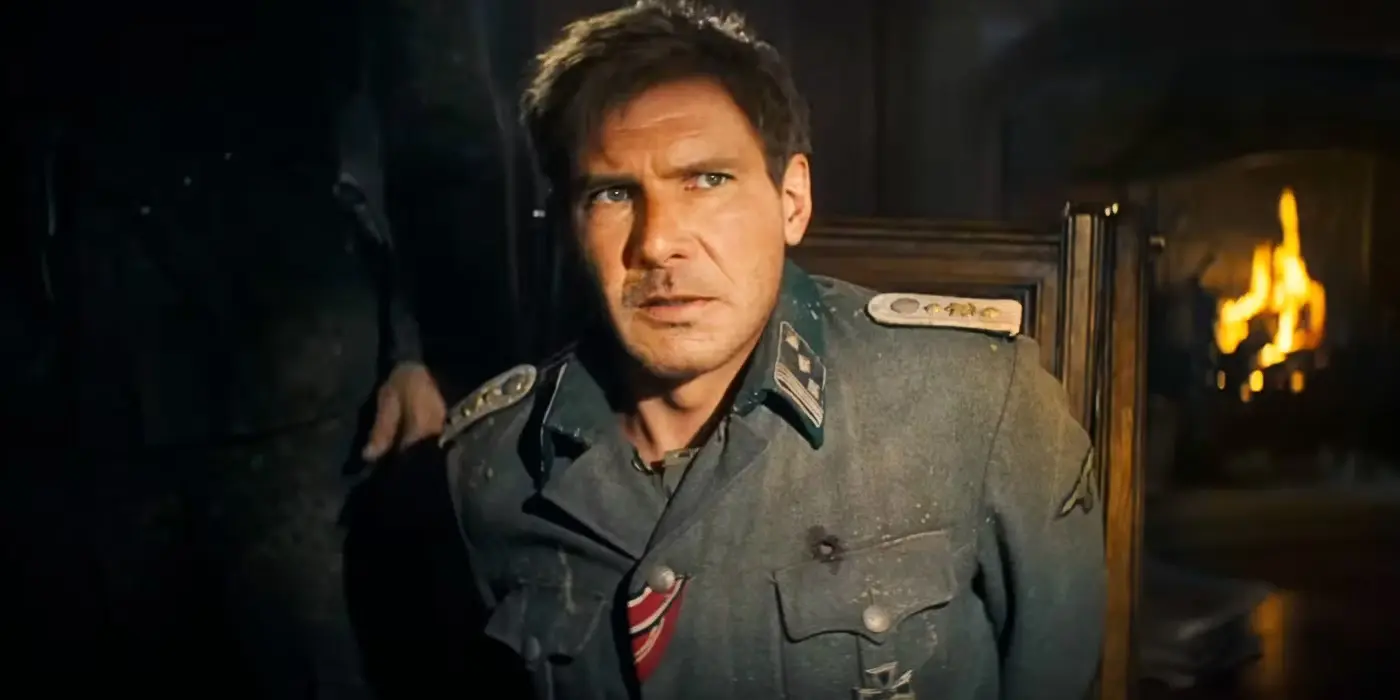
“Dial of Destiny” found itself in a crowded summer box office. Amid a deluge of high-profile releases like “Fast X,” “John Wick: Chapter 4”, and “Guardians of the Galaxy Vol. 3”, the latest Indiana Jones movie faced the formidable challenge of distinguishing itself in a saturated market. The movie’s failure to secure a dominant position among these other heavy hitters undoubtedly affected its box office performance.
Disconnection from Younger Demographics
A vital component of any successful movie is its ability to connect with a broad audience. “Dial of Destiny,” however, appeared to prioritize appeasing long-time fans of the original series, typically aged 35 or older, at the expense of drawing in younger viewers. In failing to consider a broader, younger, and more diverse audience, the film might have lost a significant potential viewership base, which impacted its overall box office success.
Spoilers and Leaked Plots: A Box Office Deterrent?
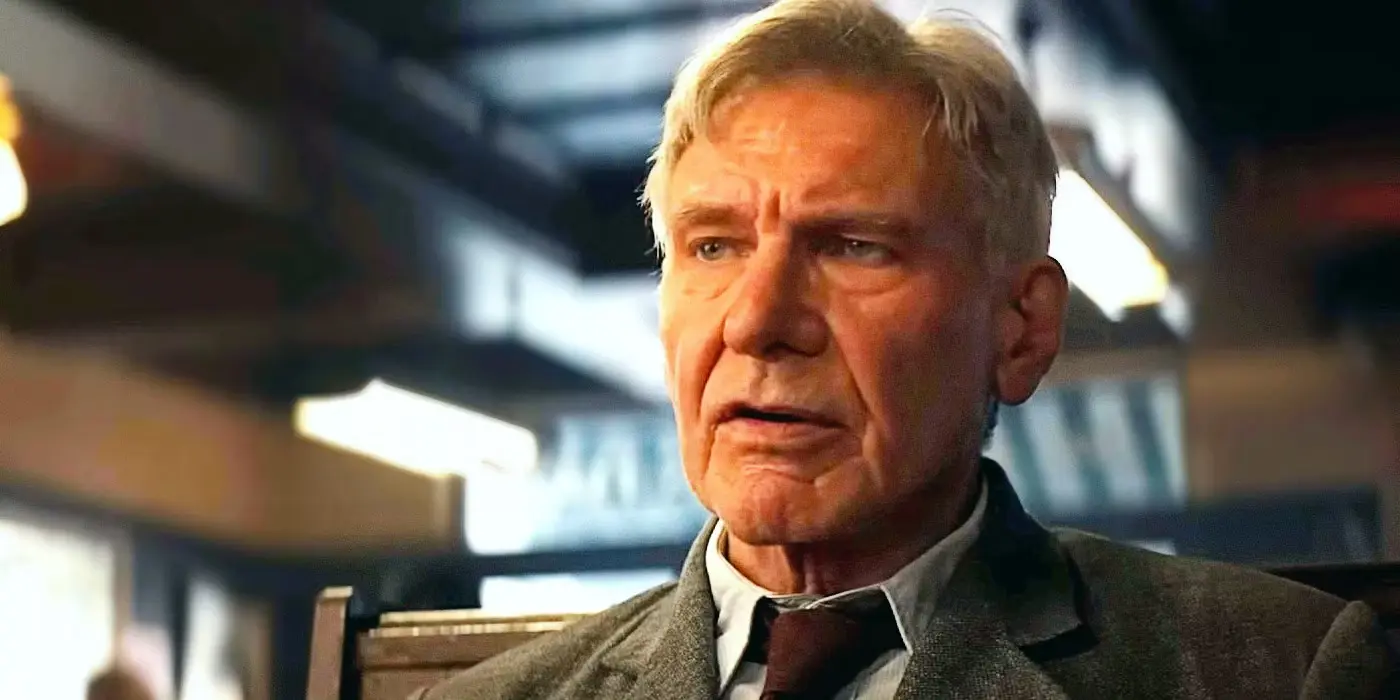
In today’s digital age, a film’s plot can quickly leak online, and “Dial of Destiny” was no exception. The early plot reveals it might have discouraged potential viewers who prefer the surprise of a first-time viewing experience. The early release of detailed plot information may have deterred casual fans who might have seen the film in theaters.
The Mixed Response at Cannes
Despite garnering a 5-minute standing ovation at the Cannes Film Festival, the film’s reception was not as resounding as hoped. Compared to other films, such as Scorsese’s upcoming “Killers of the Flower Moon,” which received a nine-minute ovation, “Dial of Destiny” fell short.
“For example, Scorsese’s upcoming Killers of the Flower Moon received a nine-minute ovation. Indiana Jones 5 premiering at Cannes was intended to market the film as a critically-acclaimed accomplishment but ended up backfiring due to its mixed and underwhelming reviews.”
This tepid response undermined the film’s marketing strategy and did little to boost its box office prospects.
2023: A Challenging Year for the Box Office
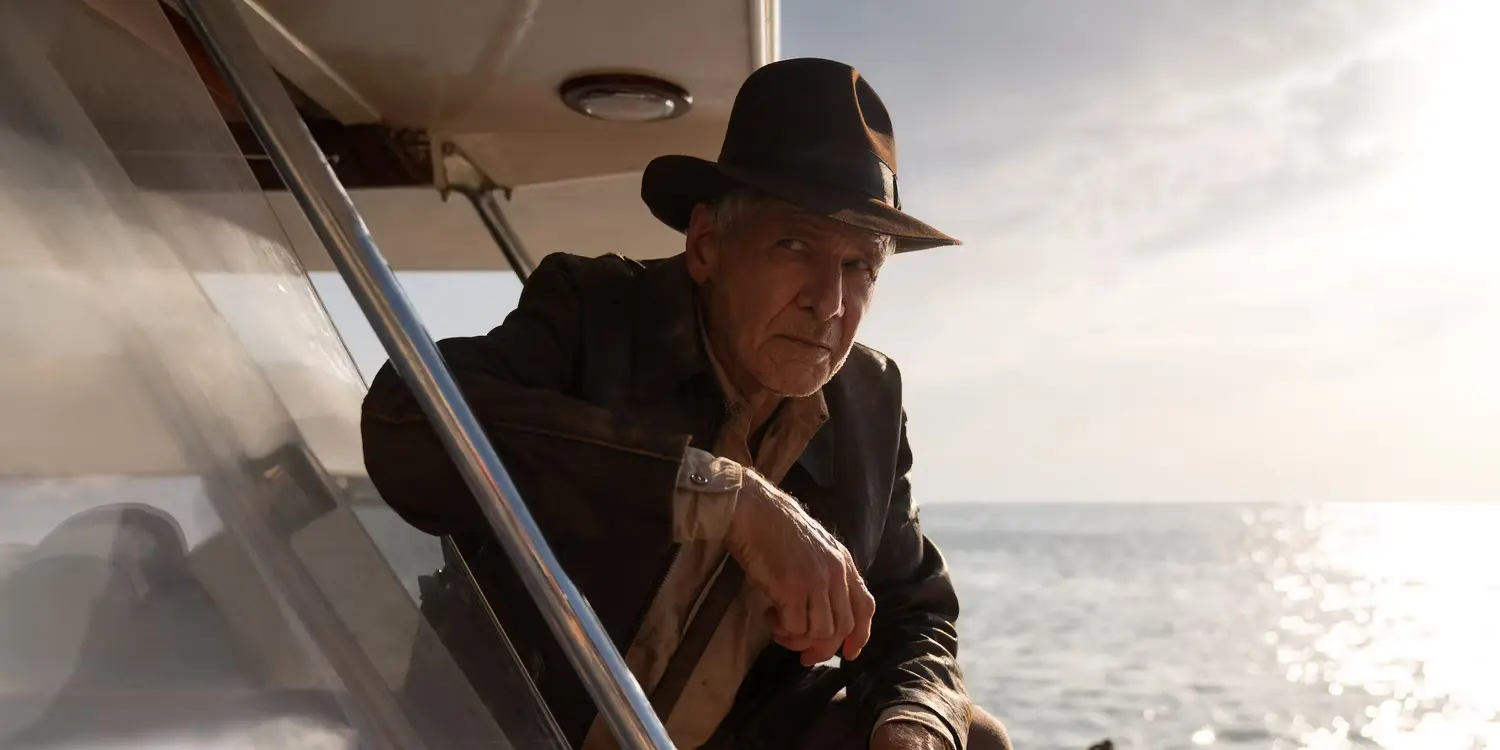
“Dial of Destiny’s” underperformance is part of a broader trend in the 2023 film industry, with several other anticipated blockbusters such as “The Flash,” “Fast X,” and “Transformers: Rise of the Beasts” also struggling to meet expectations. This industry-wide challenge may be symptomatic of factors such as market saturation, dwindling viewer interest, or changing consumption habits, all contributing to the box office’s ongoing struggles.
One Farewell Too Many?
The Indiana Jones series has already bid farewell to its beloved protagonist on multiple occasions, notably in “The Last Crusade” and “Kingdom of the Crystal Skull.” “Dial of Destiny” marks the third ‘farewell’ to the character, a narrative strategy that may have felt repetitive and unnecessary to the audience. This repeated farewell approach might have inadvertently created a sense of fatigue and affected the audience’s willingness to engage with this latest installment.
The Call for Rejuvenation, Not Just Reiteration
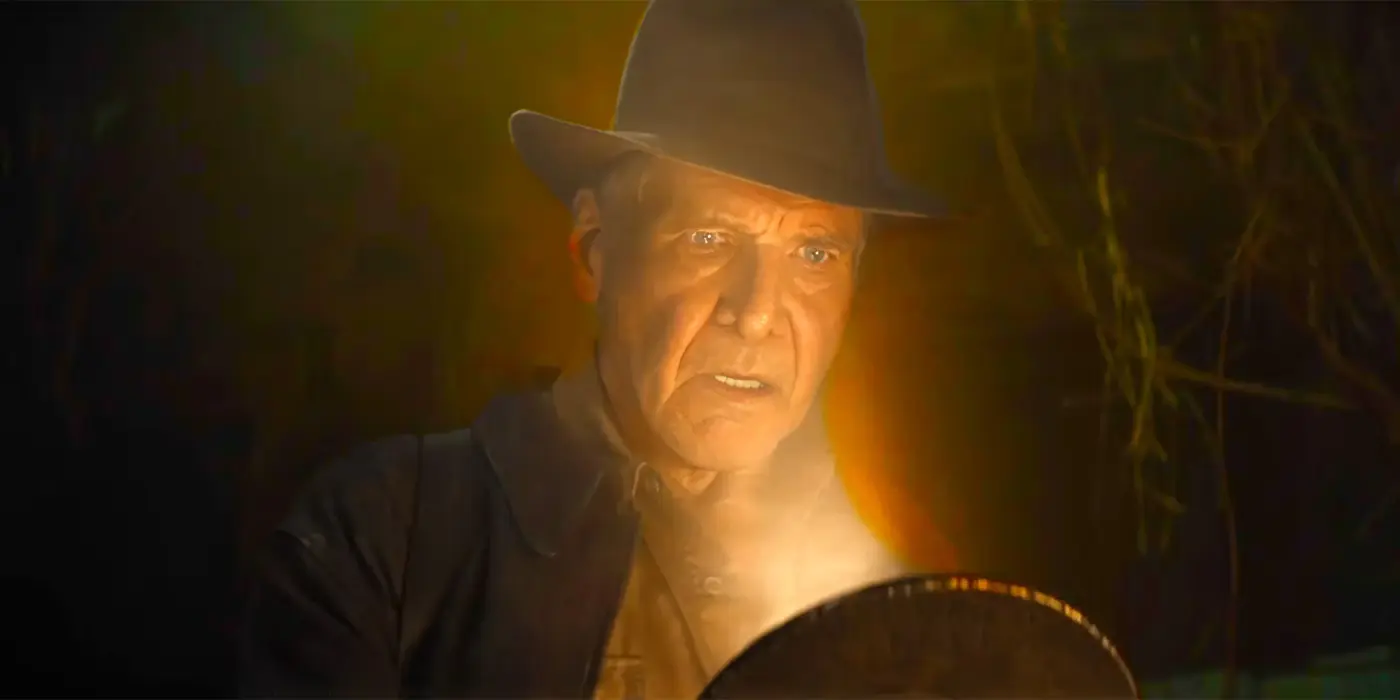
Many fans and critics argue that “Dial of Destiny’s” disappointment signals the need for a reboot of the franchise rather than merely a continuation of the same narrative arc. As Harrison Ford steps away from his iconic role, Disney might consider this an opportunity to reassess and revitalize the series. This could involve introducing new characters through a spin-off or reboot.
“While Harrison Ford will forever be celebrated for his iconic role as Indiana Jones, the critical and box-office failure of Dial of Destiny proves that it is time for a complete reboot of the massive franchise.”
As the film industry continues to evolve in the face of new trends and challenges, the Indiana Jones franchise may need to rethink its approach to stay relevant to its diverse audience.
In Retrospect
Looking back, the decline of “Indiana Jones & The Dial Of Destiny” provides an insightful case study on the potential pitfalls of high-budget sequels, particularly within iconic franchises. From the challenges of a staggering production budget and residual skepticism from previous installments to the impact of directorial changes and the importance of catering to a wide demographic, the factors contributing to the film’s underperformance are complex and multifaceted.
Yet, these challenges also provide an opportunity for the industry to learn and adapt. Disney’s next steps will be watched closely as the Indiana Jones franchise enters a new era without Harrison Ford, potentially setting a precedent for future installments of beloved franchises.
As fans, critics, and industry insiders continue to analyze the film’s performance, the fate of future Indiana Jones films hangs in the balance. The industry will watch closely to see how Disney navigates the path forward for one of cinema’s most beloved franchises.
Source: Screenrant


